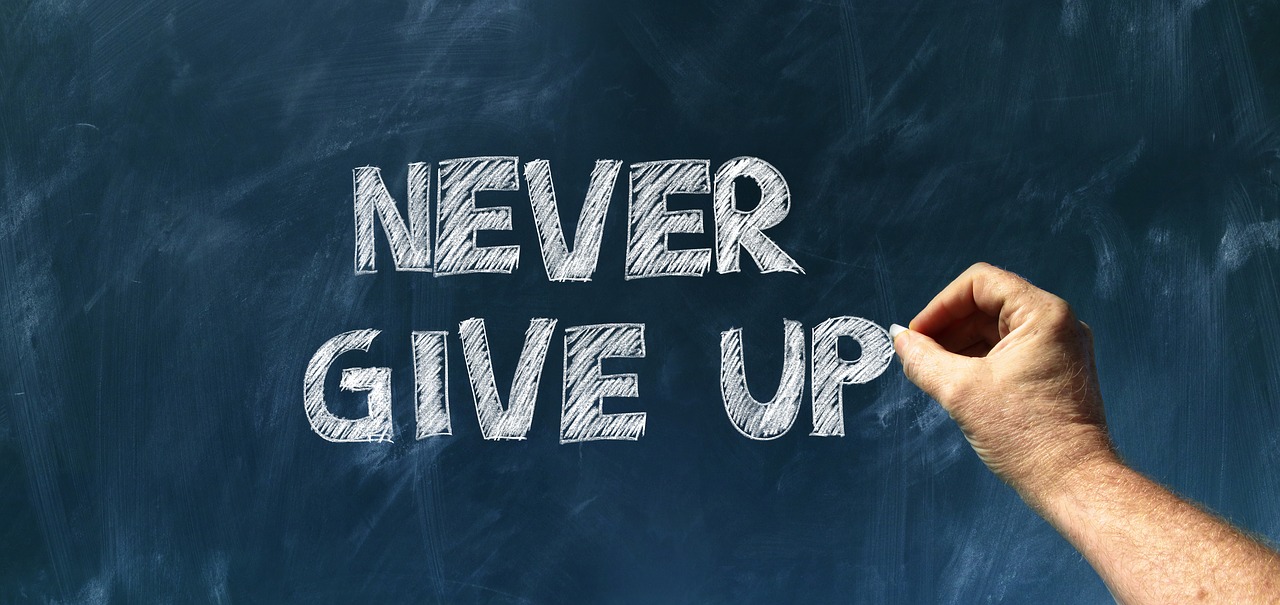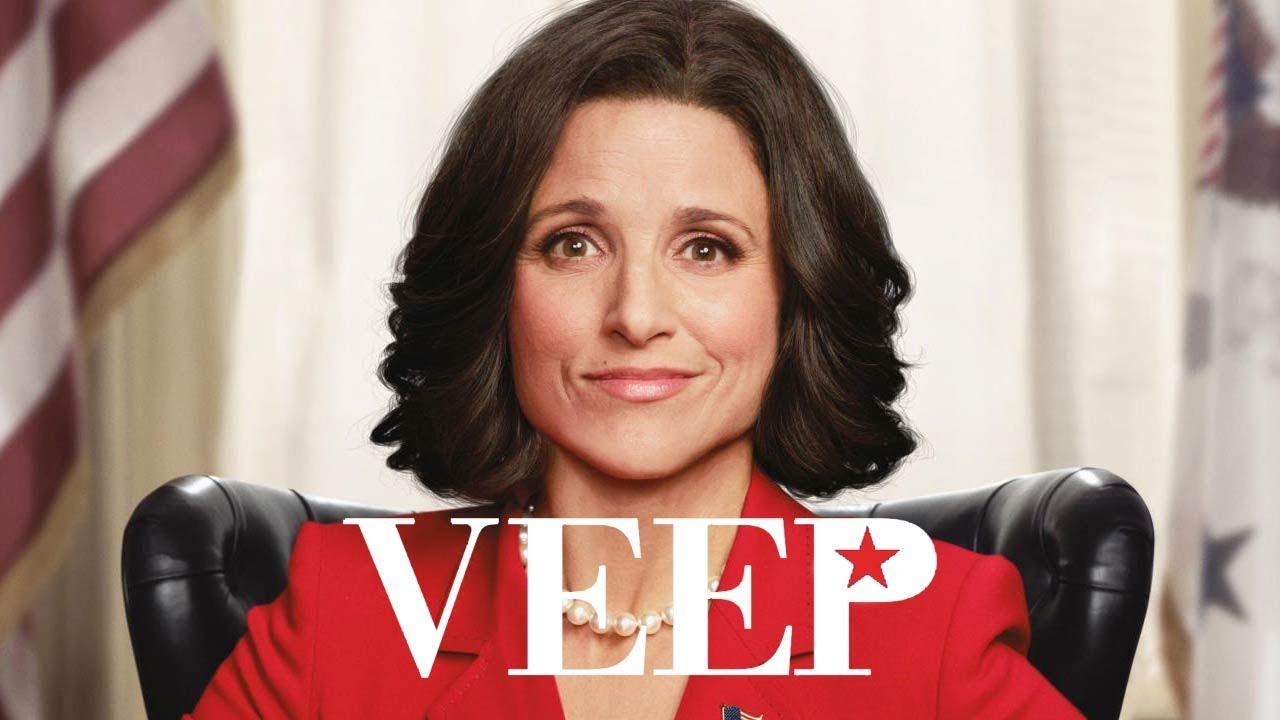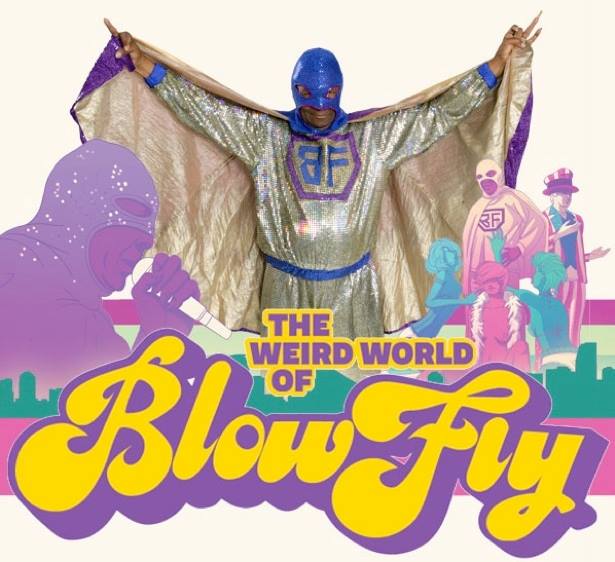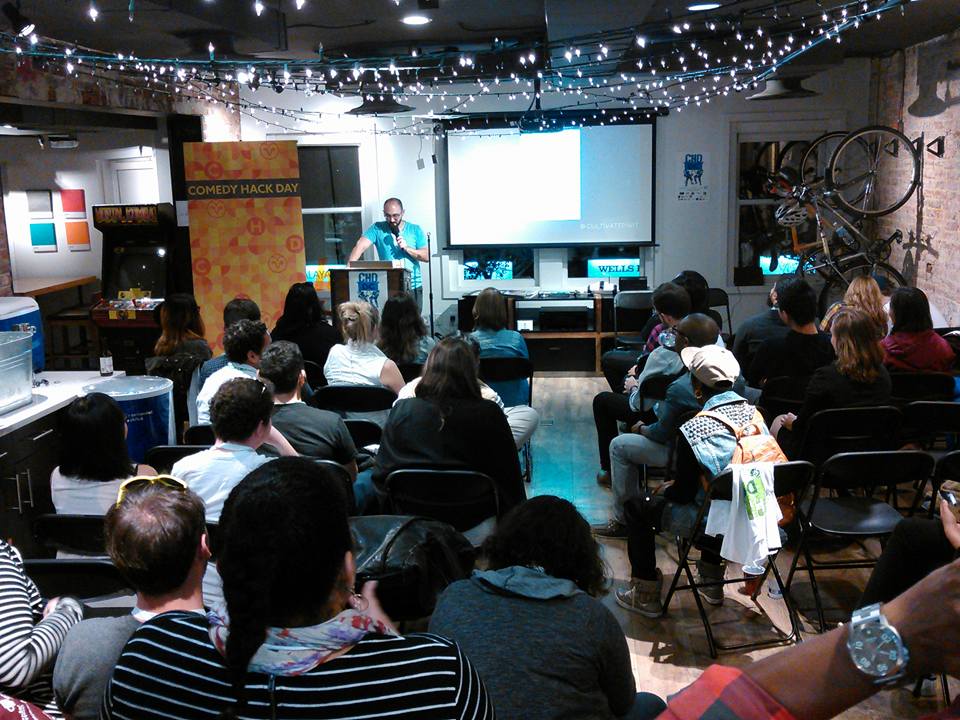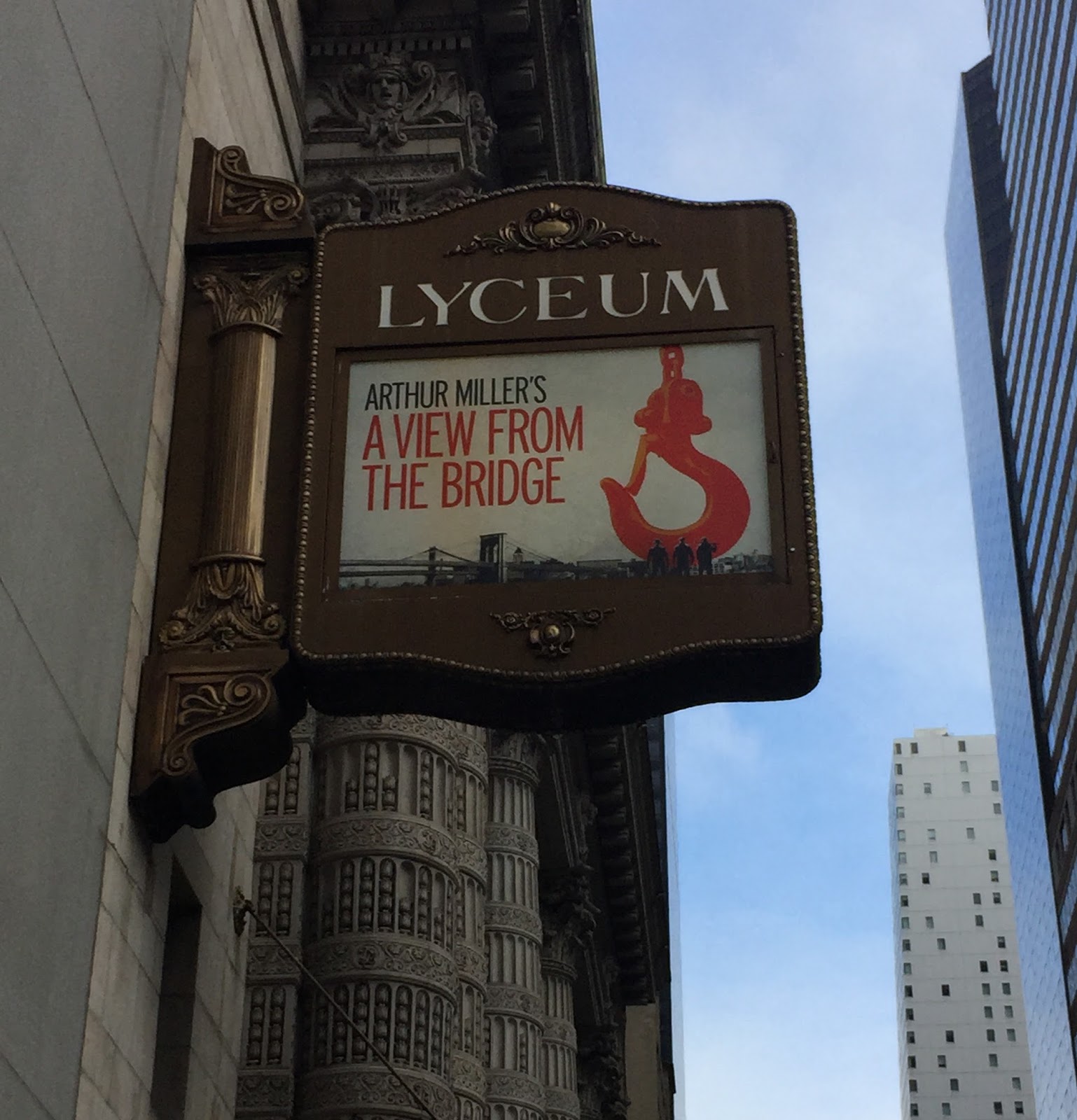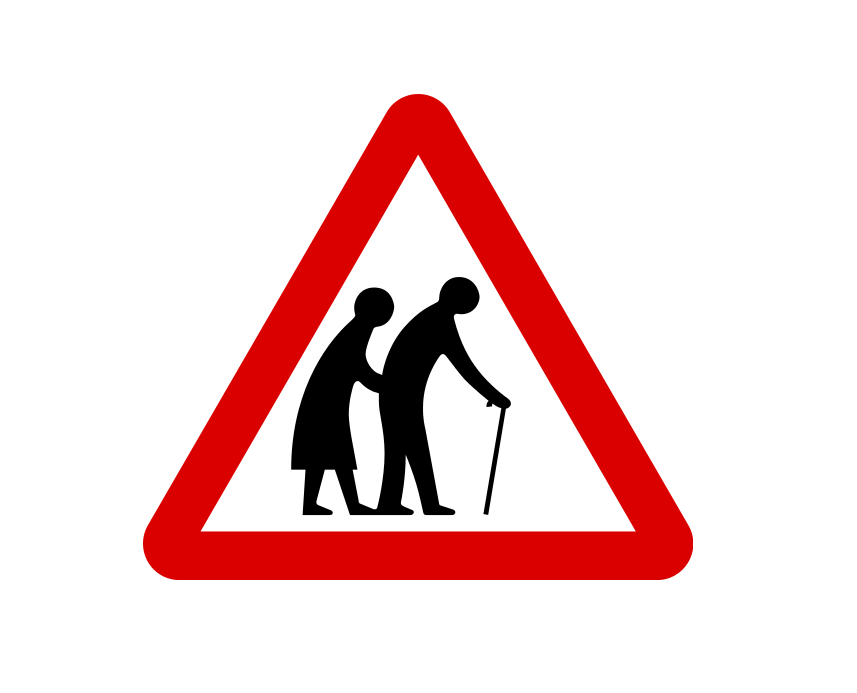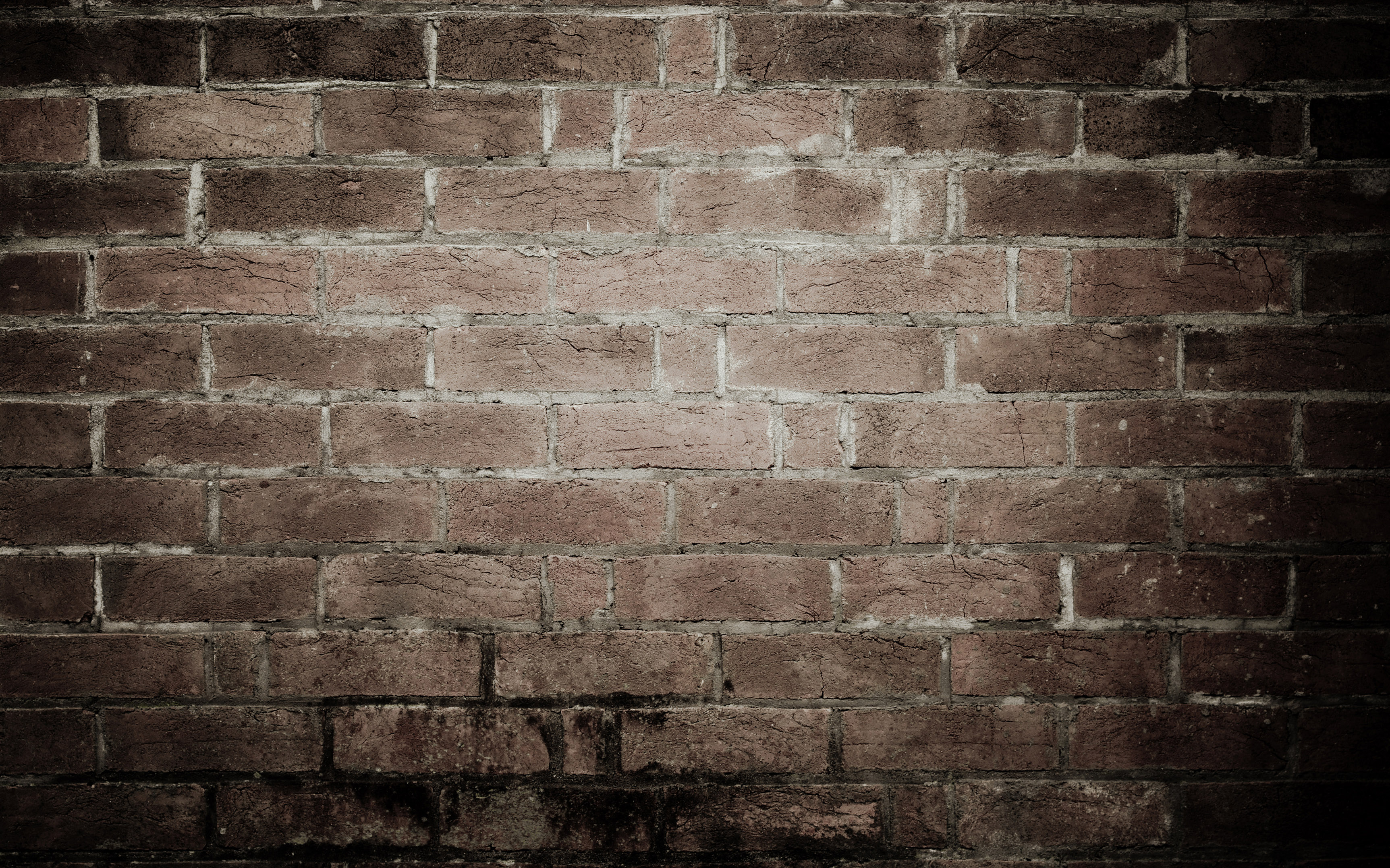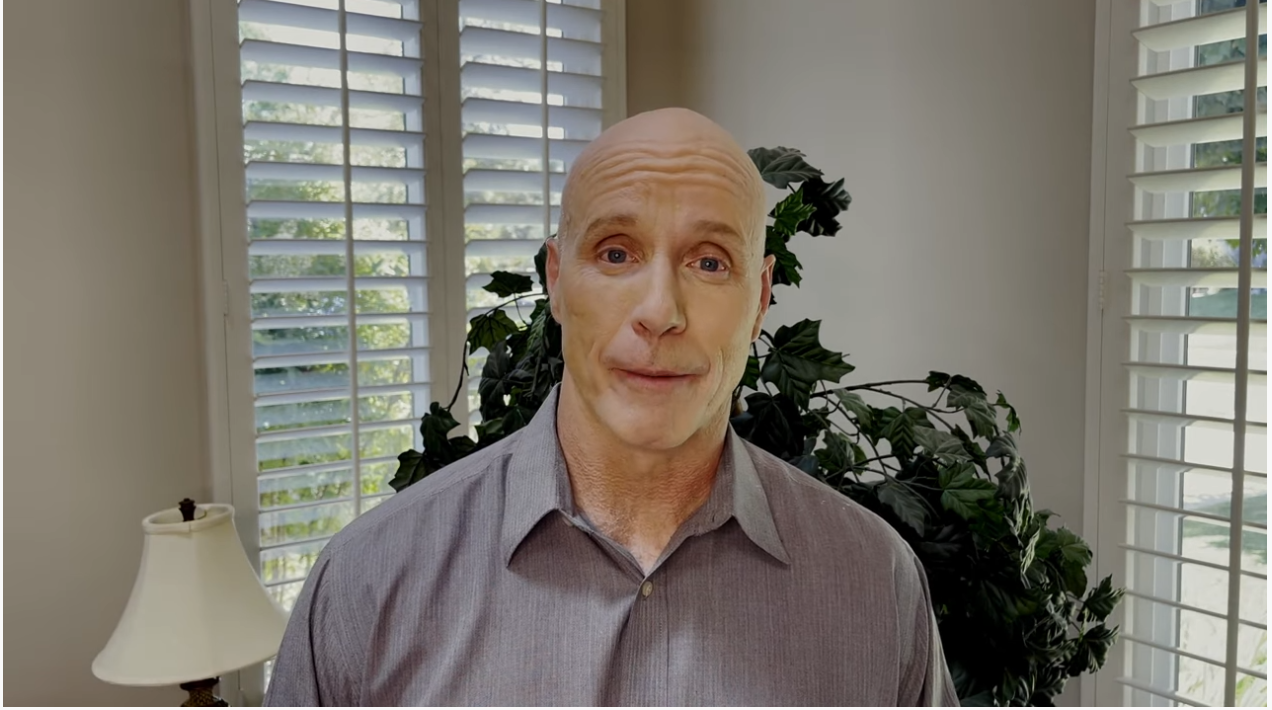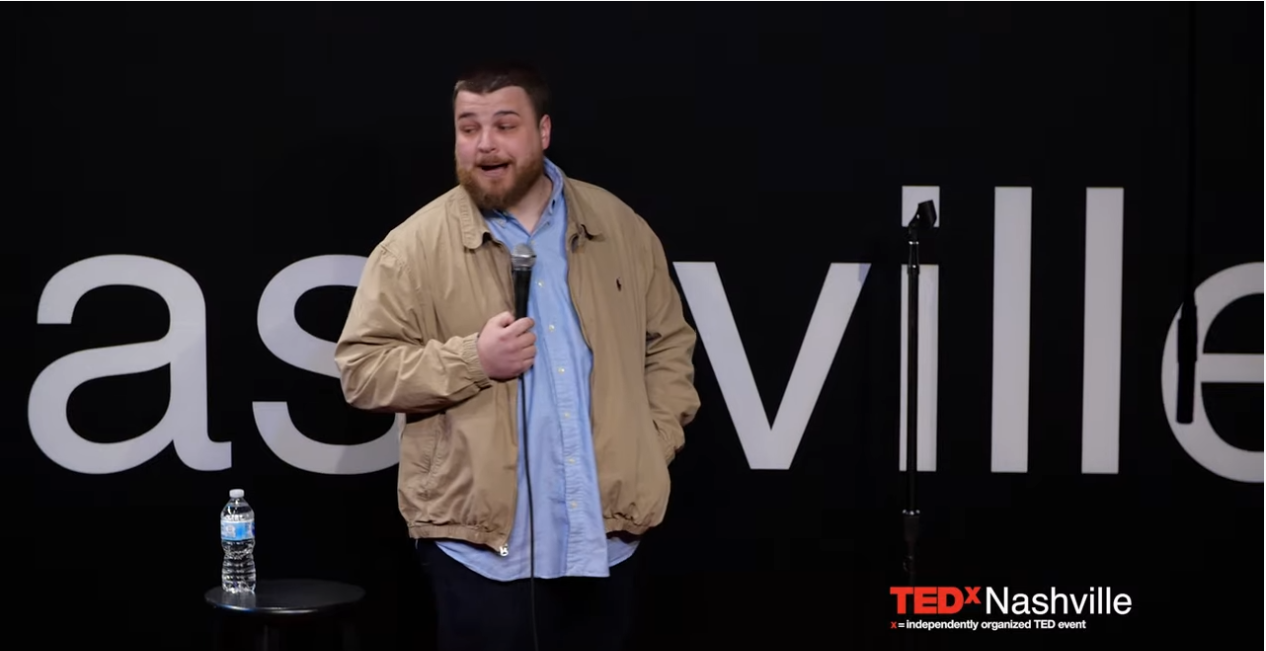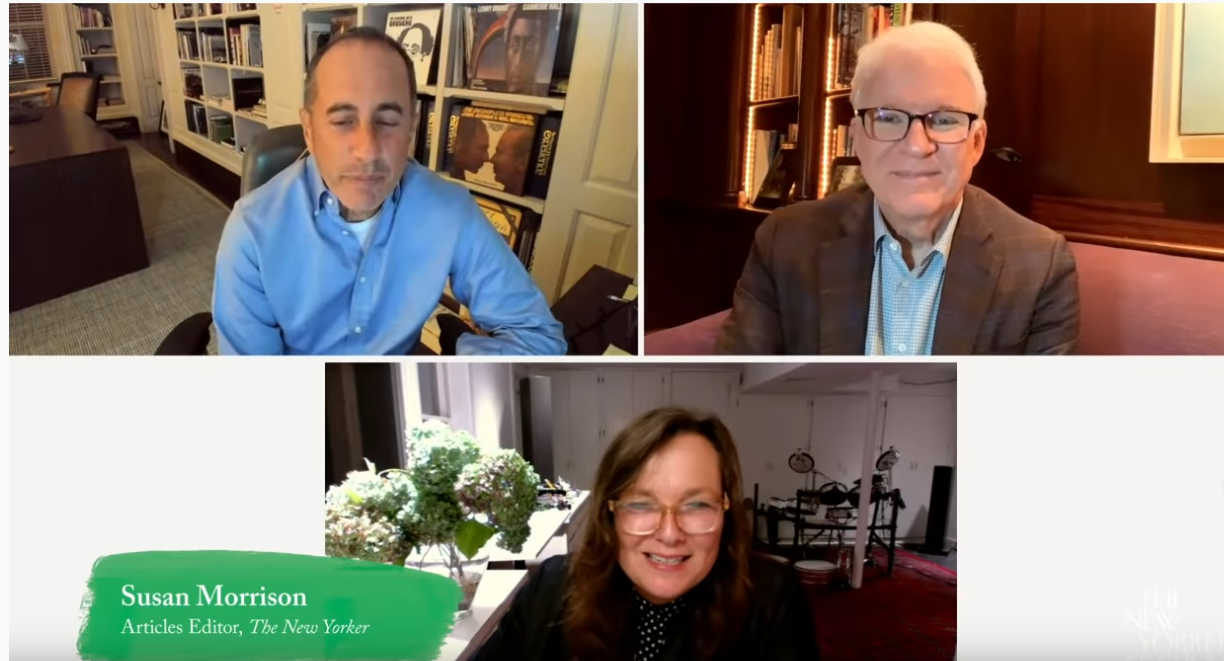
Reading the biographies of comedians who struggled during their early days on the road to success inspires me deeply. I continue to study the careers of comics from all generations, because each of them faced difficult obstacles and discovered ways to overcome them. Learning from their mistakes helps prevent me from duplicating their errors. Gone are the days when comedians were required to submit bulky VHS tapes or DVDs with their headshots and bio to bookers and comedy clubs for potential gigs.
Can you imagine the costs involved to mail that stuff to various booking agents and promoters? The digital era allows us to produce quality EPKs at a fraction of that cost. Using the internet and tools like Skype eliminated the need to pay for long distance calls and expensive postal costs. This is a huge advantage to comedians who are beginning their careers, and probably aren’t getting paid much.
If you’re a working comedian, you probably have videos online to display your style of comedy. Much like the days of bootleg records or Napster, sometimes your work may find its way to the public without proper authorization. Here’s what happened to me…..
The Situation:
Someone suggested I teach a two-week camp for teenagers who wanted to learn about comedy. Based on my resume, this firm understood how I became established on the DC comedy scene. I was told during the interview that the job was mine, and an offer letter would be sent in a few days. Within a week I received a phone call, explaining how the company decided to decline my hiring. This decision was based on a video they watched on the internet when I performed at an open mic show a few years back. They felt that my material was deemed inappropriate for children.
The Flashback:
That response blew me away because I’m a fairly clean comedian. When they described the video they reviewed, I remembered that night as if it was yesterday. At this particular open mic show, a newbie comic was bombing onstage for five minutes with material about humping female breasts. The room was silent the entire time he performed. When I was announced, of course I had to address it! I made impromptu jokes about how the man who invented that act was probably a broke guy in a whorehouse. But it wasn’t performed as clean as I described it here. After I won the audience over, I continued with my normal set. The venue posted that performance to their YouTube channel, and I forgot about it until now.
The Response:
After hearing their reason for not hiring me, I thanked them for being honest with me and left it at that. There are plenty of comedians who said or performed offensive things during their career:
- Rosanne Barr singing The Star Spangled Banner
- Daniel Tosh and his jokes about rape
- Katt Williams and his jokes about Mexicans
- Lizz Winstead and the jokes about the Oklahoma Tornado
The latest incident with Edwin San Juan performing what some perceived to be racist jokes for the Sherriff’s Department in Los Angeles is another example. If someone hires a comedian without asking for a clean show or checking out material from their electronic press kit, then let the buyer beware. Comedians often attempt to take something unpleasant to deal with and attempt to make it funny. We don’t always hit that mark!

Having said that, I will not apologize for that video of me. It was obvious how they were not familiar with the difference between open mic comedy and a regular comedy show. I put the blame on myself for allowing an amateur performance of myself to be released. Image is everything in this business, and comedians should consider how they are perceived. Comedienne Leighann Lord described it best:
“I’m in a business where people’s opinion of me matters. Artists sometimes get sidetracked though trying to figure out what “they” want. They can be the audience, the industry, the sponsors. As a stand-up comic, my obligation is to entertain and make you laugh. How I do that is up to me, not them.”
Opinions are not limited to online performances. Sometimes I wonder if comics think about what they are posting to other social media outlets. Matt Ward wrote an excellent article titled How Facebook Can Lose You As Many Gigs As It Gets You. Some of his key points include:
- Facebook Messaging For Business
- Facebook Political Failure
- Facebook Potty Mouth
- Facebook Messaging Fail
- Facebook Forgetfulness
What is my point? Comedians (especially the new ones) need to be aware when their material is being are posting to the Internet. We live in a sensitive world and background checks are no longer limited to previous places of employment or credit history. When was the last time you researched yourself on Google? If you posted explicit tweets or Facebook posts in the past, are they still funny to you? Do you think it will be funny to that potential employer, manager, or agent that you’re trying to impress? I’m not saying to hold your tongue when it developing your material, but I am suggesting that you think in terms of longevity. Once you post it online, it will live forever!
Remember…the Internet never forgets!
© 2013 Wayne Manigo


